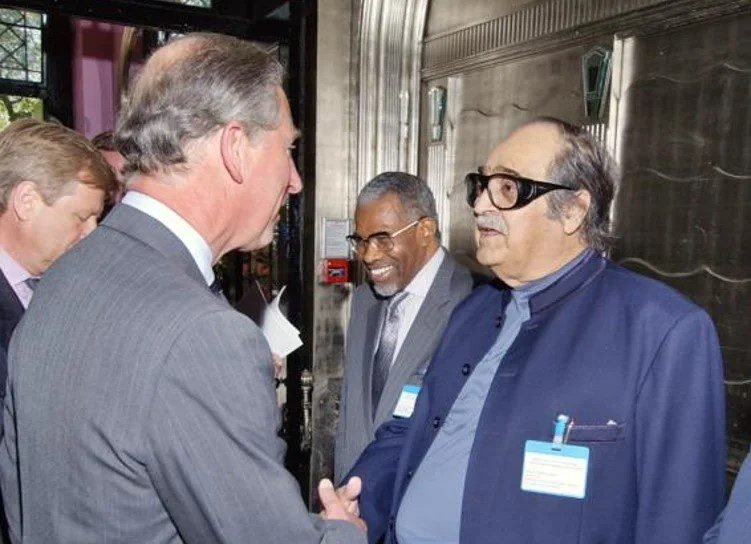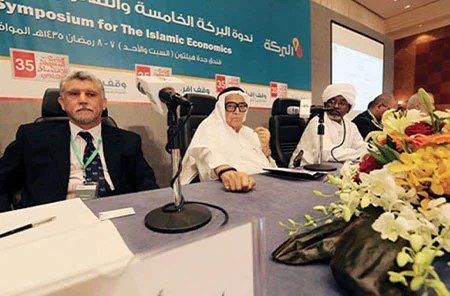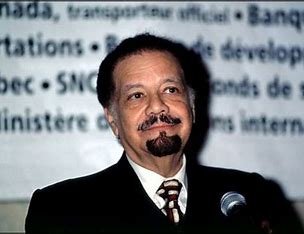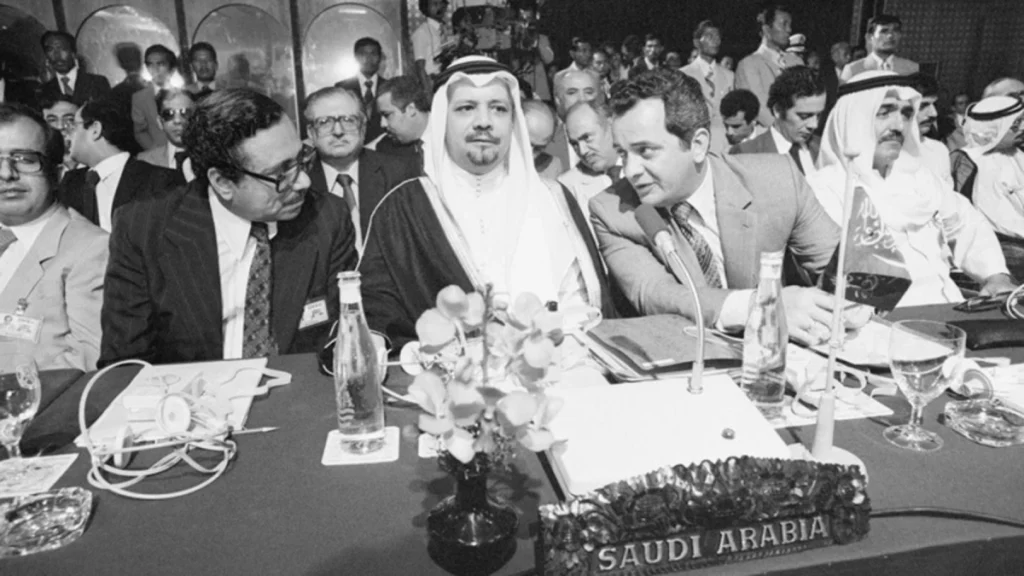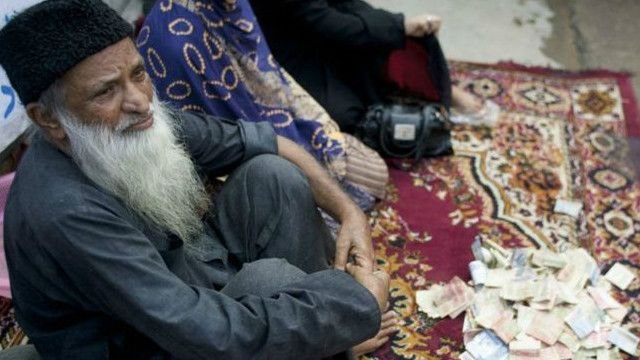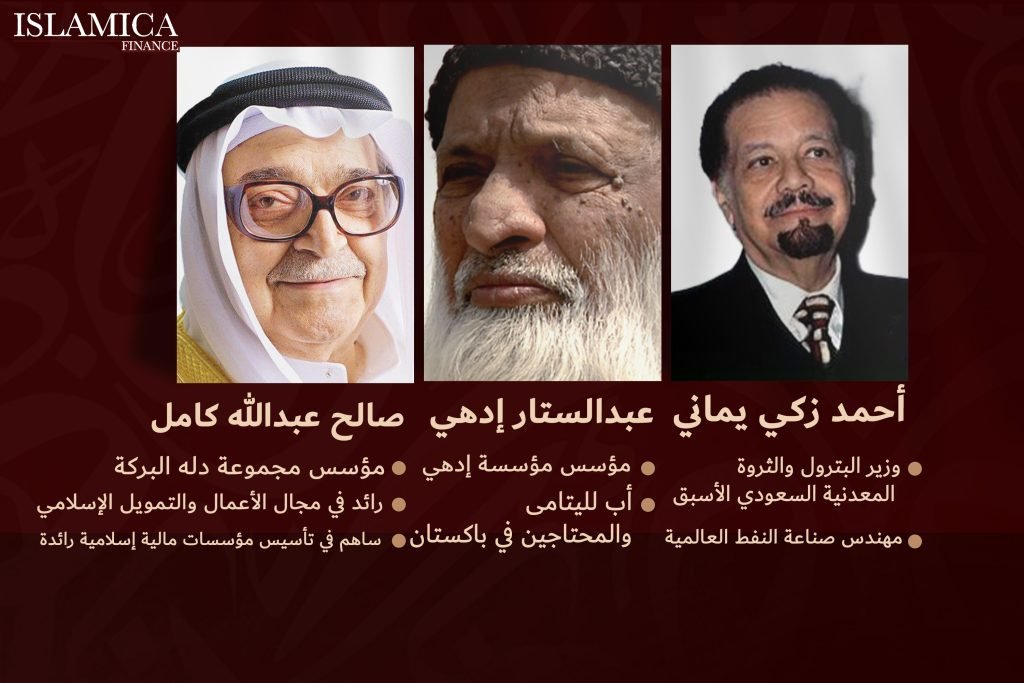Saleh Abdullah Kamel – May his Soul rest in peace
Saleh Abdullah Kamel was a highly influential figure in the realm of Islamic business and finance, leaving an indelible mark on Saudi Arabia’s economic landscape. As the founder of the Dallah Al-Baraka Group, he dedicated his efforts to fostering Islamic principles within the business world.
Kamel’s noteworthy contributions extended to the field of Islamic banking, where he played a pivotal role in establishing financial institutions that adhered strictly to Islamic principles and Shariah law. His vision and leadership significantly contributed to the growth and development of Islamic finance in Saudi Arabia.
Beyond his entrepreneurial pursuits, Saleh Abdullah Kamel actively promoted the values of ethical and Shariah-compliant business practices. His commitment to Islamic finance not only benefited the Dallah Al-Baraka Group but also had a broader impact on the financial sector in the region.
Kamel’s passing on March 1, 2019, marked the end of an era, but his legacy as a trailblazer in Islamic business and finance continues to inspire entrepreneurs and business leaders in the pursuit of ethical and Shariah-compliant economic practices in Saudi Arabia and beyond.
Abdul Sattar Edhi – May his Soul rest in peace
While Abdul Sattar Edhi was not directly involved in Islamic business ventures, his contributions to humanitarian and social welfare work aligned with Islamic principles of charity, compassion, and social justice. Edhi’s philanthropic efforts, particularly through the Edhi Foundation, reflected a commitment to serving humanity in accordance with Islamic values.
Charity (Sadaqah) and Social Welfare:
Abdul Sattar Edhi’s work embodied the Islamic concept of charity (sadaqah) and social welfare (zakat). The Edhi Foundation provided a wide range of services, including healthcare, education, and assistance to the destitute, aligning with Islamic teachings that emphasize the importance of helping those in need.
Equity and Social Justice:
Islamic business principles advocate for fairness and social justice. Edhi’s focus on serving the marginalized, irrespective of their background, reflected these principles. The Edhi Foundation operated with the ethos of impartiality, providing care to individuals regardless of their religion, ethnicity, or social status.
Community Service and Solidarity:
Islamic business values often emphasize community service and solidarity. Edhi’s establishment of orphanages, hospitals, and ambulances demonstrated a commitment to community well-being. The foundation’s services were designed to uplift and support communities, echoing Islamic ideals of mutual assistance and cooperation.
Human Dignity and Respect:
Islamic business ethics underscore the importance of treating individuals with dignity and respect. Edhi’s work, especially in providing dignified burials for unclaimed bodies, exemplified this principle. The Foundation upheld the sanctity of human life and dignity, aligning with Islamic teachings.
Ahmed Zaki Yamani – May his Soul rest in peace
Ahmed Zaki Yamani, the former Saudi Arabian Minister of Petroleum and Mineral Resources, played a pivotal role in shaping Islamic business principles, particularly within the context of the global energy industry. His contributions extended beyond the oil sector to influence broader economic and financial considerations, aligning with the tenets of Islamic finance.
Yamani’s advocacy for Shariah-compliant finance was instrumental in the development of sukuk, or Islamic bonds. He championed financial instruments that adhered to ethical standards and operated on interest-free principles, fostering the growth of Islamic finance globally.
Yamani’s approach to resource management within the energy sector went beyond mere economic considerations. He embraced sustainability, aligning with Islamic principles that emphasize responsible stewardship of resources for the benefit of current and future generations.
In summary, Ahmed Zaki Yamani’s impact on Islamic business principles was multifaceted. From pioneering sukuk issuance to advocating ethical business practices and promoting sustainability in resource management, his contributions have left an enduring mark on the intersection of Islamic principles and modern economic practices.
